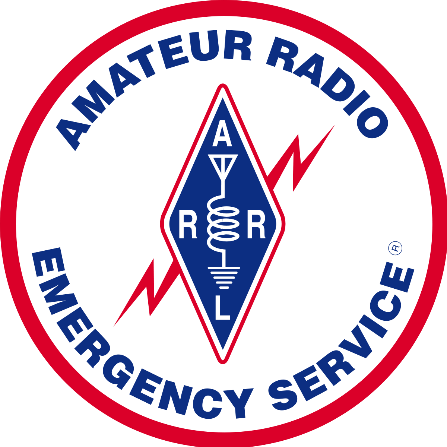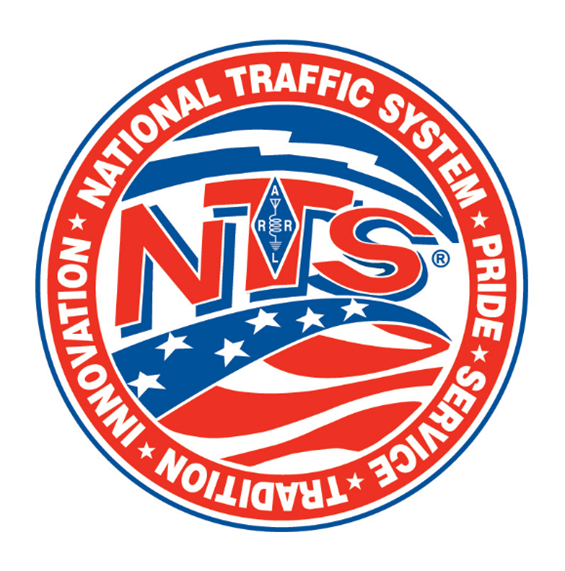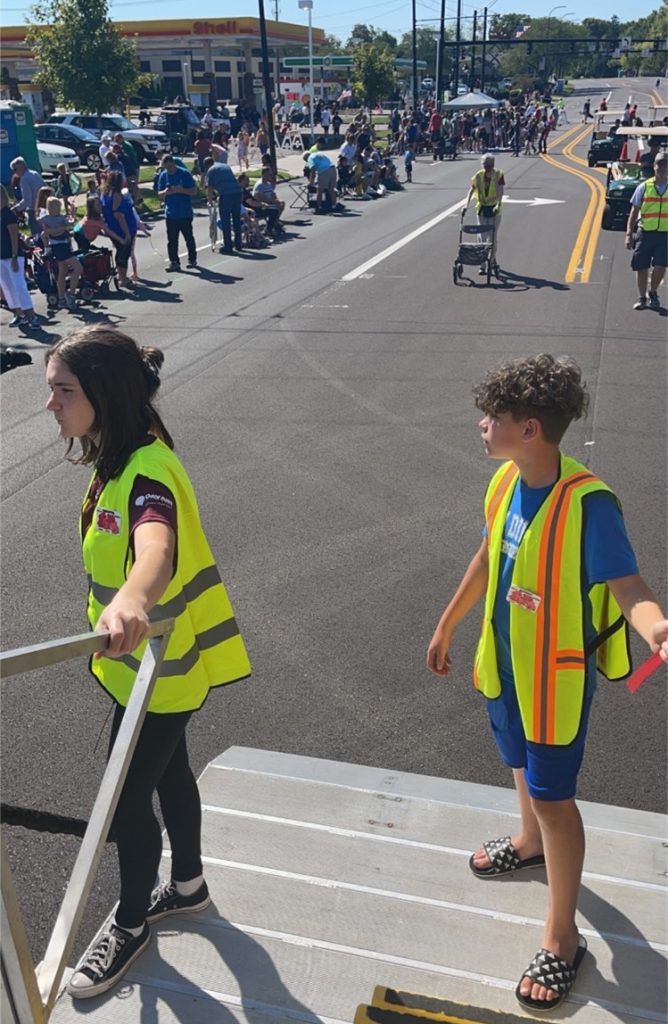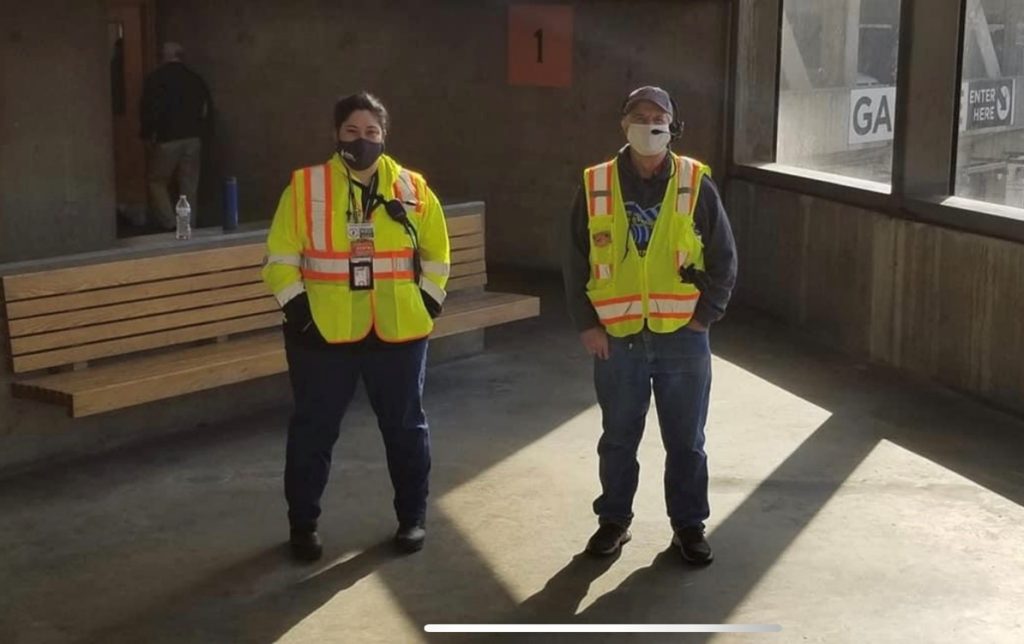What do you use your amateur radio license for? There are many ways to use ham radio; however, one very rewarding way is to serve the community.

The Amateur Radio Emergency Service® (ARES) is an organization of licensed amateur radio operators who volunteer their time, equipment and qualifications—in conjunction with local ARES leadership—to serve the public by providing communications in times of disaster.

The National Traffic System® (NTS) is an organization of amateur radio operators who form a structure to facilitate rapid movement of radio traffic. During non-emergency times, routine messages (e.g., “Happy Birthday”) are sent to keep the operators trained and to make sure the system is working well in case an actual emergency occurs. The most common type of communications during a disaster are “health and welfare” messages into and out of affected areas.
Served Agencies
From the ARRL on “Served Agencies and Partners”:
One of the principal justifications for continued access to the amateur radio spectrum is public service. A major part of amateur radio’s public service and emergency communications activities are conducted within the context of the ARRL’s formal agreements with the emergency management, government organizations, NGOs, non-profits and public service agencies.
- American Red Cross
- Association of Public-Safety Communications Officials-International (APCO-International)
- Boy Scouts of America
- Citizen Corps (Department of Homeland Security)
- Civil Air Patrol (CAP)
- Federal Emergency Management Agency (FEMA)
- National Volunteer Organizations Active in Disaster (NVOAD)
- REACT International Inc.
- Salvation Army and SATERN
- SKYWARN (National Weather Service)
- Society of Broadcast Engineers (SBE)
- United States Power Squadrons
- Quarter Century Wireless Association, Inc.

My Harmonics, KE8PZC and KE8PZB, looking out at the
route of our local Labor Day parade.
There are community events that desire radio communications for logistic support, first aid, score keeping or general information. In the honorable tradition of amateur radio, hams step up to provide this type of public service. These events can also serve as a way for each radio operator to test his or her equipment and practice their skills under non-emergency conditions.

Me, KE8FMJ, and N8ADO volunteering at Covid-19 Vaccine Mega Clinics
Questions? Share them in the comments below or email me at KE8FMJ@arrl.net.

